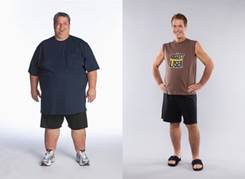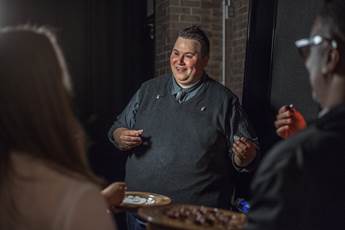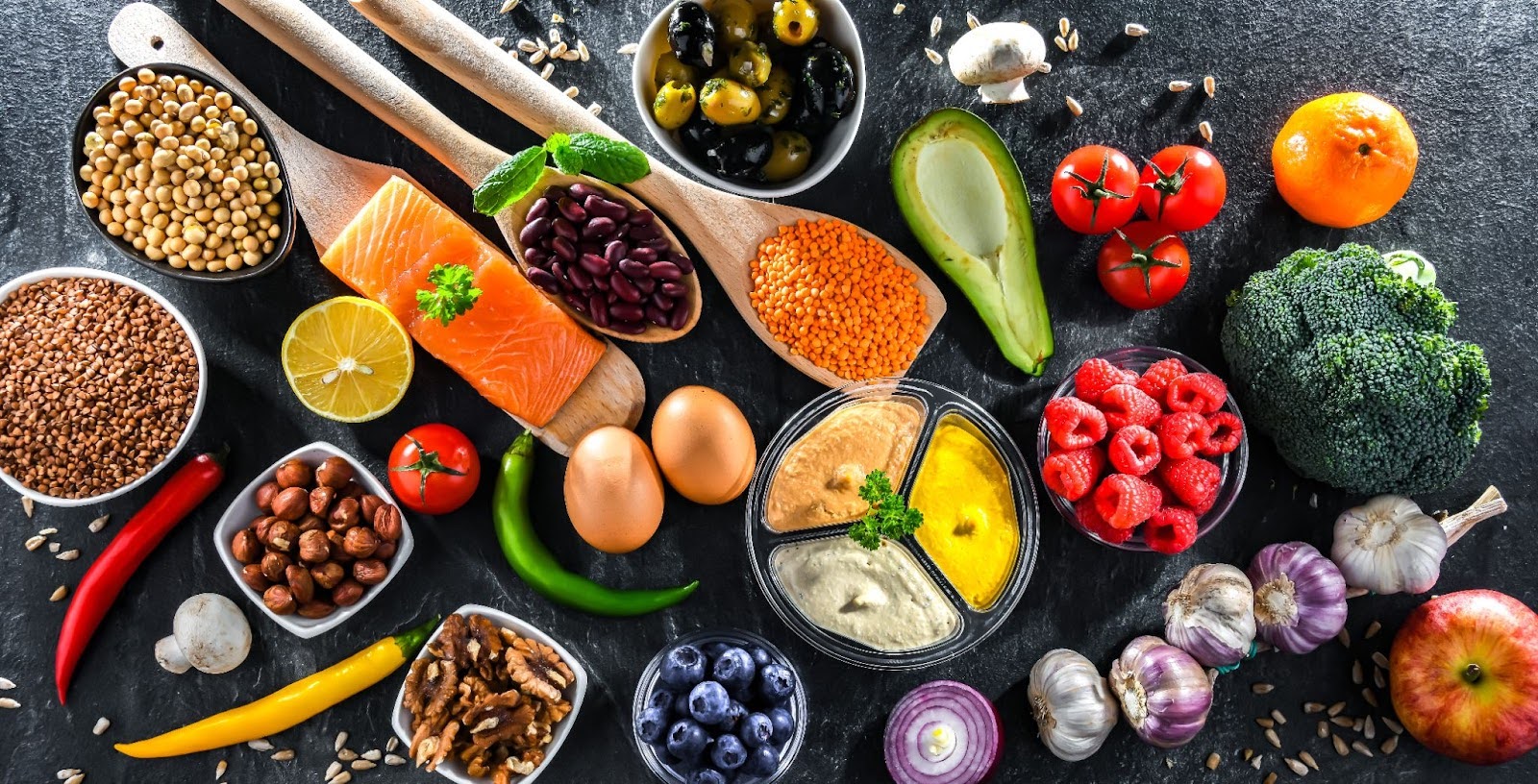
Hey Studio SWEATers! I want to highlight the latest research and news on the Biggest Loser contestants. It’s fascinating on many levels. My goal here is to un-glamourize the show (I’m sorry for those who are attached to it…you’ll find a better show don’t worry), and to keep reminding you of the harm of dieting.
I want to be that voice in your head.
In the beginning anyway… Then eventually you will develop your own voice based on your own body wisdom.
Below is an overview of what this bold researcher, Kevin Hall, decided to do with these contestants. The project was the first to measure what happened to people over as long as six years after they had lost large amounts of weight with intensive dieting and exercise. Overall here’s what happened:
REGAINING LOST WEIGHT
- 13 of the 14 contestants studied regained weight in the six years after the competition
- Four contestants are heavier now than before the competition
A SLOWING METABOLISM
- Nearly all the contestants have slower metabolisms today than they did six years ago, and burn fewer calories than expected when at rest
Let’s take a closer look at some of the contestants:

Danny Cahill :
- Weight before show, 430 pounds; at finale, 191 pounds; now, 295 pounds
- Metabolic rate now burns 800 fewer calories a day than would be expected for a man his size
Rudy Pauls:
- Regained 80% of his lost weight
- Had surgery to reduce the size of his stomach
Dina Mercado:
- Weight before show, 248 pounds; at finale, 173.5 pounds; now 205.9 pounds
- Metabolic rate now burns 437.9 fewer calories per day than would be expected for a woman her size
Erinn Egberts:
- Only contestant who weighs less today than six years ago
- She struggles mightily to keep the pounds off because her metabolism burns 552 fewer calories a day than would be expected for someone her size

Sean Alagaier:
- Weight before show, 444 pounds; at finale, 289 pounds; now 450 pounds
- Metabolic rate now burns 458 fewer calories a day than would be expected for a man his size
Losing a Key Hormone
Slower metabolisms were not the only reason the contestants regained weight, though. They constantly battled hunger, cravings and binges. The investigators found at least one reason: plummeting levels of leptin. The contestants started out with normal levels of leptin. By the season’s finale, they had almost no leptin at all, which would have made them ravenous all the time. As their weight returned, their leptin levels drifted up again, but only to about half of what they had been when the season began, the researchers found, thus helping to explain their urges to eat. This means they shocked their body in a BAD way and basically killed their goal of sustainable weight loss. The body hates rapid change. Biology will always win.
Brain Sets the Calories
The brain sets the number of calories we consume, and it can be easy for people to miss that. How much they eat matters less than the fact that their bodies want to hold on to more of those calories. The body’s systems for regulating how many calories are consumed and how many are burned are tightly coupled when people are not strenuously trying to lose weight or to maintain a significant weight loss. So when you know you are cutting calories, your body tries to hold on to them in addition to an increase in cravings. Lose lose. Again. Biology will always win.
Bottom Line
The faster you lose weight the higher the correlation to increased base line weight. Period. Sorry to be a bummer. It’s BIOLOGY. The slower you go chances of regaining are reduced. I would like to say, first start with the relationship with food. NOT WEIGHT. When you focus on weight loss your body goes in to an inflammatory cascade because the messaging “is you need to shrink yourself to succeed.” When that happens, you stop connecting with your body and you go up an impossible hill that you will eventually slide down. Let’s work with biology people! Start here:
- Don’t focus on weight loss; focus on hunger and fullness cues—reconnect with your body signaling
- Change harmful food messages – “that food is good”, “that food is bad” – and get rid of these messages. ALL food is on limits; give yourself unconditional permission to eat any food in any amount
- Focus on how your body feels with certain food (light, energetic, comfortable…) and choose based on how you want to feel after
Toodles!
MJ
Resource:
http://www.nytimes.com/2016/05/02/health/biggest-loser-weight-loss.html?_r=0









Comments - 0